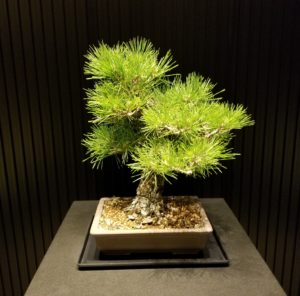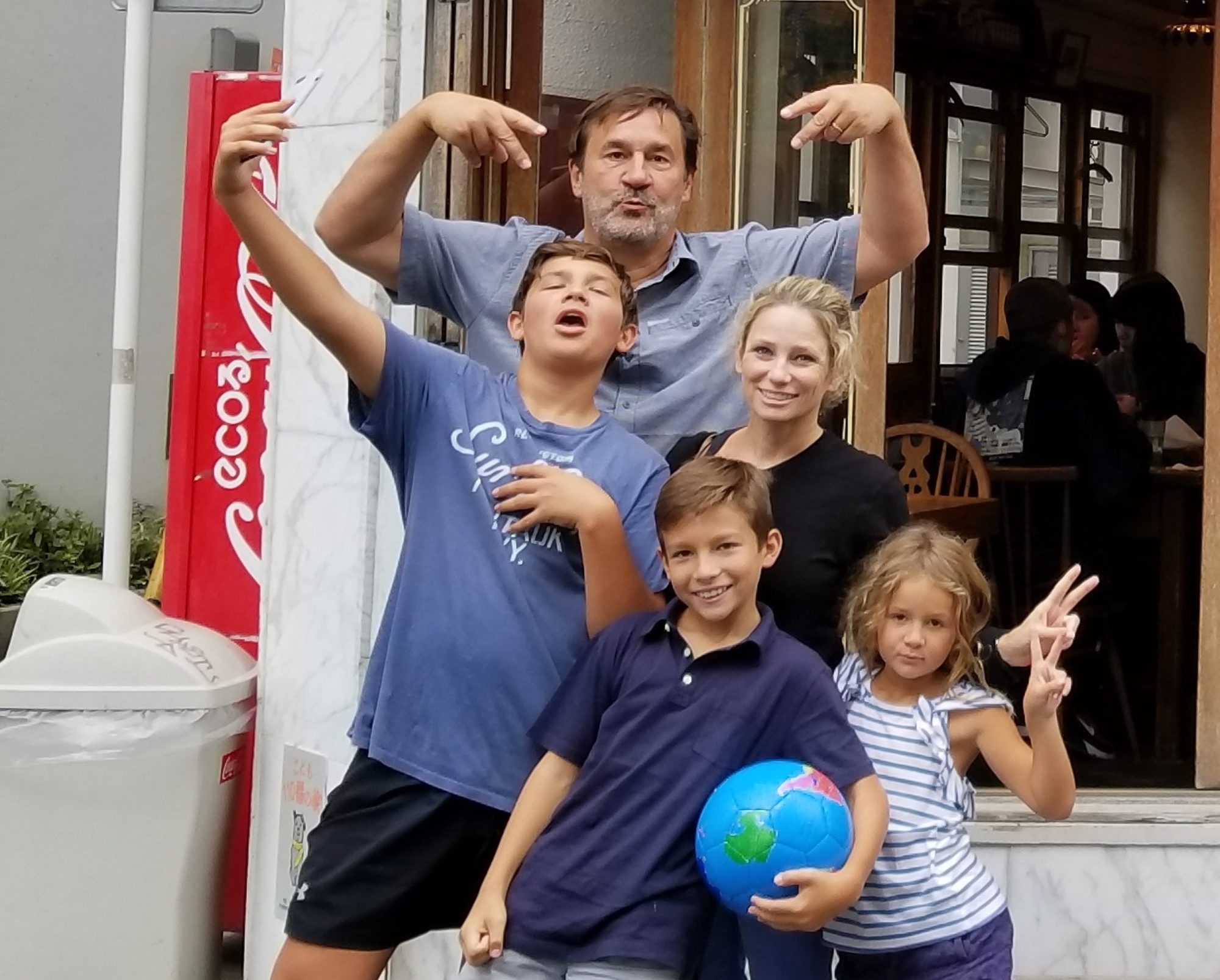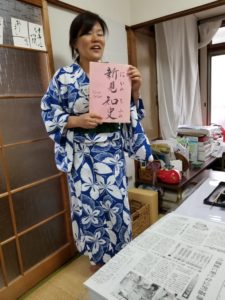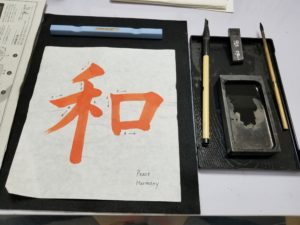https://www.wsj.com/article_email/justice-holmess-free-speech-lesson-1507847318-lMyQjAxMTI3NjE0MzQxNjM2Wj/
Japanese culture: Calligraphy
Calligraphy is a marvelous family activity, fun for all ages. Here, Nicholas’ video captures the essence of each of our efforts. And Kyoto Calligraphy, with the information at the end of the video, will get you there. Enjoy.
Link to Professor Gugick’s Blog (it’s quite entertaining)
https://80daze.com/
Quick Travel Update: Life on the Road
Some ask, “How’s it going? Is the experience what you expected? Gimme the truth.”
Truth, “It’s more exhausting than Stacia and I could have imagined. The kids absolutely love the process of learning just because…and having a say in topics and subjects that interest them and voting on what they and we do that matters to them. You learn a lot about your children listening to them.
With the late decisions that arise from more local information and greater flexibility comes logistical difficulties and concomitant tradeoffs.
Stacia spends far too much time on travel crud for her liking but she has nailed the landing on where we go and what we do. I still do not know how she does it. Stacia =Magic. British Airways sucks. Japan is incredible.
We haven’t killed each other yet. Getting sports organized is much harder than expected, but other energy activities like hiking are more possible, and better, as a family. (ie. The many temple visits are really hikes with temples attached.)
Professor Gugick has done a terrific job of mixing it up, doing advance research on places and topics, as well as remaining calm in the face of uncertainty. For a structured guy, he has been able to hang loose with the Traveling Wilburys and “trust the force.” Plus he rode a tram, white knuckles and all.
With more time in places, and our eyes open as part of our daily lives, the process becomes observing, noting and capturing cultural differences. The absorption becomes second nature..and understanding profound.
It’s really hard watching events at home in the U.S. Please let’s not kill the goose.
With distance comes perspective.
Alexander said it best a few posts ago, “The world is going to be really small at the end of this year…heck, it already seems a lot smaller.”
Hiroshima writing assignment (Alexander/Nicholas)
(Choose song, poem or essay as to how your visit impacted you.)
Hiroshima
It was a nice and peaceful day
The sun was saying hey
As I looked in the great blue sky
A plane flew way up high
I was in harmony
Which turned into tragedy
It all happened so fast
I barely remember my past
The next thing I knew
I was in a pile of dew
I was in a bunch of trouble
The whole city was ruble
I looked right
I looked left
Metal was in my chest
As I looked all around
I honestly could not tell
If I was somewhere but hell
My world was dead as can be
Why did this happen to me
I truly do not know
– Alexander Balog
I Have Escaped from Hell
Today is a beautiful day
Birds chirping and trees waving in the wind
In an instant, a blinding light envelopes me
I feel a burning heat
Everything goes black
When I wake up, I have died and gone to hell
Fires and smoke, bodies everywhere
Zombies rising from the ashes
It has become night but without moon or stars
I am frightened, I flee
As I run I see zombies shuffling to the lake
As I run I see bodies of friends, still as rocks
As I run I see houses burned to rubble and trees burned to ashes
As I run I see the light, faint but getting brighter
I reach the edge of the night and the beginning of the light
I see people coming to help me as I run up the path
I have escaped from hell.
– Nicholas Balog
Japanese culture: Sushi class



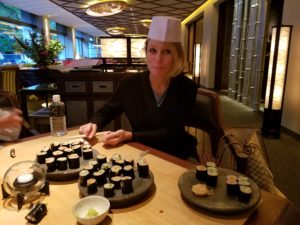

“common sense is nothing more than a deposit of prejudices laid down in the mind before you reach eighteen.”
– Albert Einstein
Hiroshima.

A single word that brings such powerful emotion and conjures unimaginable devastation and suffering.
First, we watch the videos of the story from numerous perspectives. Then the questions come. First about the science.
- How can we go there now, isn’t radiation still there?
- How much stronger are nuclear bombs today? (hint: over 500x stronger)
- Why can we go to Hiroshima now, but not Chernobyl?
- What’s a thyroid?
- What is black rain?
- What exactly does radiation do to you?
- What’s a half-life and how is it calculated?
As data was mentioned in the documentary, they then calculate: If the bomb took 43 seconds to reach the detonation point at 300 meters above the city of Hiroshima, exactly how far above the Earth was the plane flying?
And then the children’s big questions come over the course of days.
- How do countries become friends again?
- How long does that take?
- Why do we bother going to war in the first place?
- Who was right?
- Is this true? Is this what really happened, or was this just one sides view?
- Did the people know about the warnings the US sent to the Japanese government?
- Were the people ever able to love or trust again?
It’s very spooky arriving in Hiroshima on many levels. In a world of confusion, of this I am certain:
It’s not the people. Country governments and their leaders that use religions, ideologies, economics, and synthetic constructs as excuses to fight wars are pathetic. Every country should be ashamed for the long list of excuses for war, the lies, the fabrications, the atrocities committed, the wasted resources, and most of all, the eternal grief rained upon mothers of the fallen throughout history. That alone should be enough to put a stop to it.
For a different view of events, mandatory reading should include, (courtesy of Bill the Baker)
http://news.nationalgeographic.com/2015/08/150809-atomic-bomb-hiroshima-nagasaki-radiation-world-war-II-n
Untold Stories of the United States, Edition 3 by Oliver Stone
Nicholas: “So I guess the victors really do get to write the story?”
More to come. Be safe.
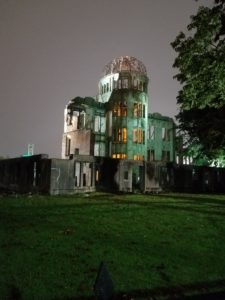
Two thoughtful views of race relations in America
Every so often pieces come along that impart enlighten, but few with the eloquence and impact of this author, Ta-nehisi Coates. Kids, in a world of general nonsense, this is a voice worth considering.
https://www.theatlantic.com/author/ta-nehisi-coates/
A favorite…
https://www.theatlantic.com/magazine/archive/2012/09/fear-of-a-black-president/309064/
And a dissenting voice…
Japanese culture: Gardening

Japanese gardening with the master.
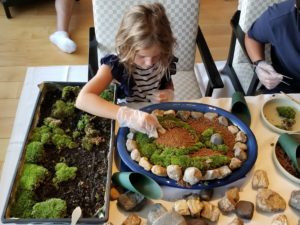
Little one, where does your heart take you?

Sensei, is it the items in the garden, or the space without, that makes the garden complete?
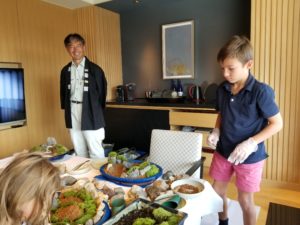
Master, how does one know when the garden is complete?
Your garden is complete when the heart says it is complete.
